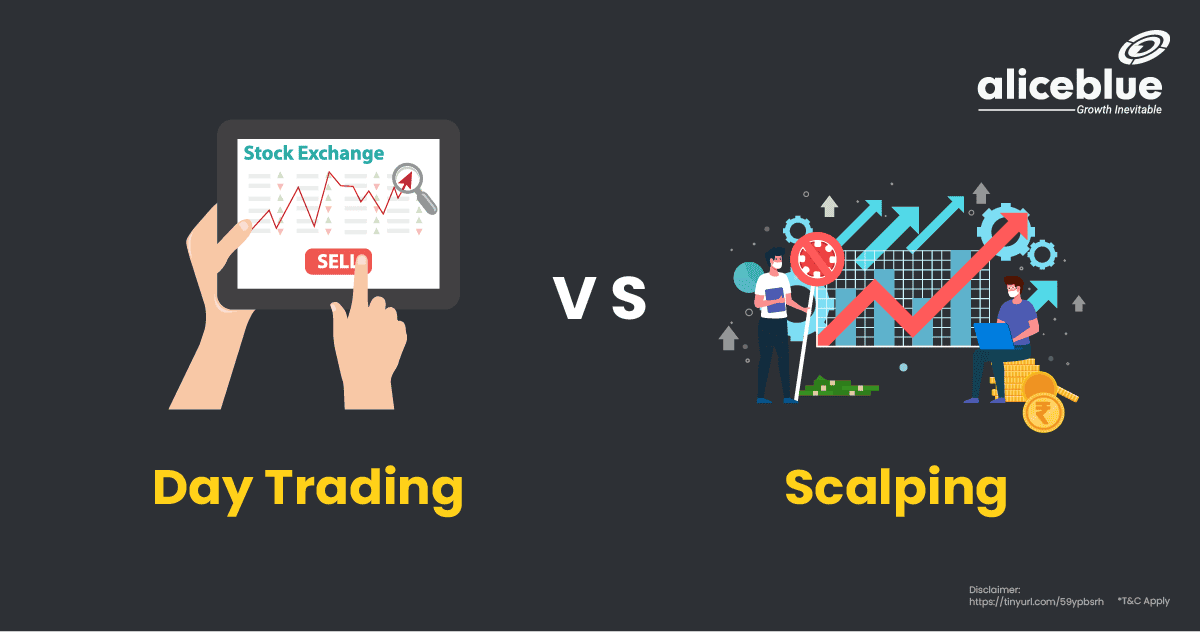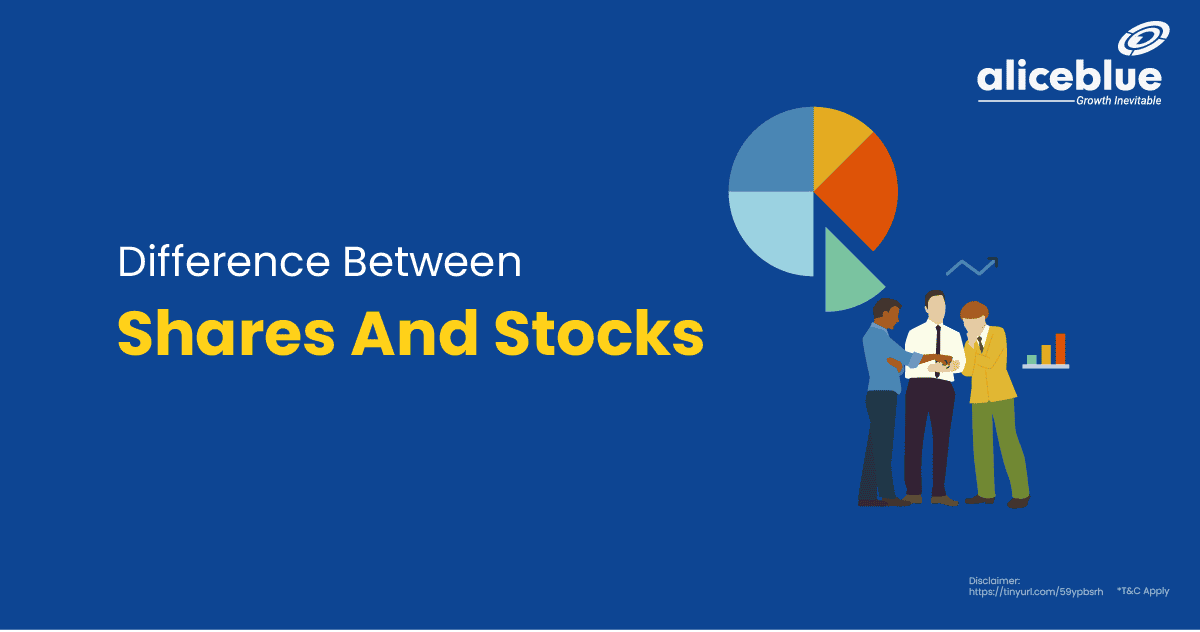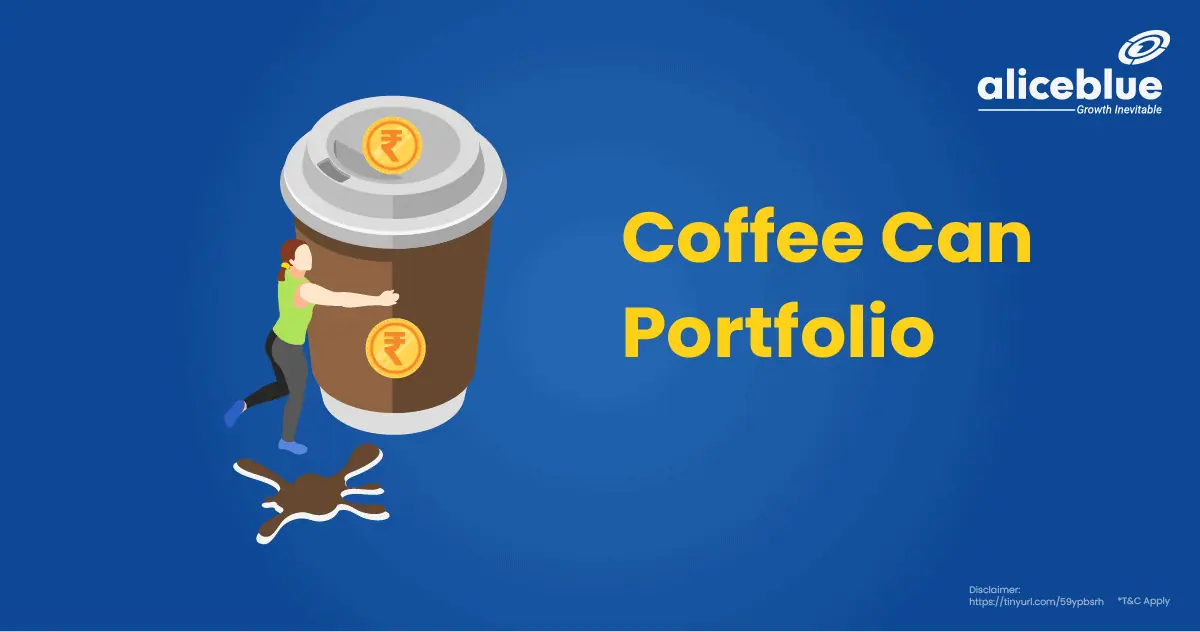The main difference between Day Trading and Scalping is that Day Trading involves holding positions within a single trading day, focusing on larger market movements, while Scalping is a strategy of making numerous trades to exploit small price gaps throughout the day.
Content:
- What Is Day Trading?
- What Is Scalp Trading?
- Scalp Trading Vs Day Trading
- Day Trading Vs Scalping – Quick Summary
- Scalp Trading Vs Day Trading – FAQs
What Is Day Trading?
Day Trading is a strategy in financial markets where a trader buys and sells financial instruments within the same trading day, aiming to capitalize on short-term price movements. The goal is to earn profits from the fluctuations in the market within that day.
In Day Trading, traders typically use high leverage and short-term trading strategies to amplify their gains from small price changes. They rely on technical analysis and real-time market data to make informed decisions, constantly monitoring market trends and news that might impact prices.
However, Day Trading involves high risk due to market volatility and the potential for rapid losses, especially for inexperienced traders. It requires a deep understanding of the market, quick decision-making skills, and strict discipline to manage risks and maximize profits.
For example: In Day Trading, a trader might buy shares worth Rs. 10,000 early in the morning and sell them for Rs. 10,200 later the same day, earning a profit of Rs. 200.

What Is Scalp Trading?
Scalp Trading, also known as scalping, is a trading strategy where traders make numerous small trades throughout the day, aiming to profit from tiny price changes. The focus is on small, quick gains rather than large moves, accumulating profit over many transactions.
Scalpers use high leverage and trade in high volumes, capitalizing on minute, often predictable, price movements. They rely heavily on technical analysis and real-time trading systems to make quick decisions. Scalping requires constant market monitoring, as opportunities can arise and vanish within seconds.
This strategy carries significant risk due to its reliance on small price gaps and high-frequency trading. It demands intense focus, rapid decision-making, and strict discipline to exit trades quickly. Scalping is not suited for every trader, as it requires a specific skill set and temperament.
For example: In Scalp Trading, a trader might buy shares at Rs. 100 each and sell them shortly after at Rs. 100.50, profiting Rs. 0.50 per share over hundreds of such small transactions in a day.
Scalp Trading Vs Day Trading
The main difference between Day Trading and Scalping is that Day Trading involves fewer, larger trades held over the course of a day, focusing on significant market moves, while Scalping consists of numerous small trades aiming to profit from very short-term price changes.
| Aspect | Day Trading | Scalping |
| Trade Frequency | Fewer trades | Numerous trades |
| Holding Period | Within a single trading day | Seconds to minutes |
| Profit Objective | Larger profits from significant market moves | Small profits from minimal price fluctuations |
| Risk | High due to market volatility | High due to rapid trading and leveraging |
| Market Analysis | Relies on technical and fundamental analysis | Primarily uses technical analysis |
| Required Skills | Market knowledge, discipline, decision-making | Quick reflexes, discipline, technical skills |
Day Trading Vs Scalping – Quick Summary
- The main difference between Day Trading and Scalping is Day Trading targets fewer, larger trades within a day for significant market moves, whereas Scalping aims for many small trades to profit from brief price changes.
- Day Trading involves buying and selling financial instruments within a single day to profit from short-term market fluctuations, capitalizing on day-to-day price movements.
- Scalp Trading, or scalping, is a strategy where traders execute many small trades for quick, small profits, capitalizing on minor price variations, emphasizing rapid accumulation of gains over large, singular transactions.
- Open free demat account with Alice Blue in 15 minutes today! Invest in Stocks, Mutual Funds, Bonds & IPOs for Free. Also, trade at just ₹ 15/order and save 33.33% brokerage on every order.

Scalp Trading Vs Day Trading – FAQs
1. What is the Difference Between Day Trading And Scalping?
The main difference is that Day Trading involves holding positions for a full trading day targeting larger market movements, while Scalping focuses on making numerous, quick trades for small profit margins within minutes.
2. How many trades per day for scalping?
In scalping, the number of trades per day can vary widely, often ranging from dozens to hundreds, depending on the trader’s strategy, market conditions, and the individual’s capacity to manage and execute rapid trades.
3. What is an example of day trading?
An example of Day Trading is buying 100 shares at Rs. 500 each in the morning and selling them for Rs. 510 each in the afternoon, making a profit of Rs. 1,000 in one day.
4. What is the formula for day trading?
There’s no specific “formula” for Day Trading, as it involves analyzing market trends, using technical analysis, managing risk, and making informed decisions to buy and sell financial instruments within the same trading day.
5. Is scalp trading profitable?
Scalp trading can be profitable for skilled traders who excel at quick decision-making and managing numerous small trades. However, its profitability varies based on market conditions, individual skills, discipline, and risk management strategies.







